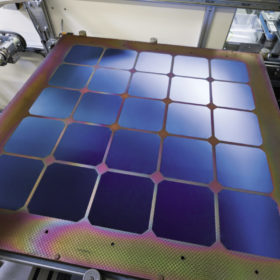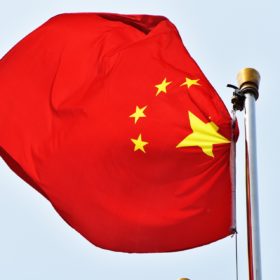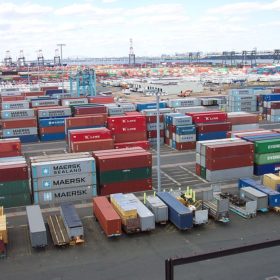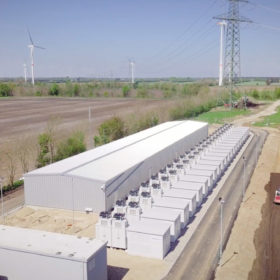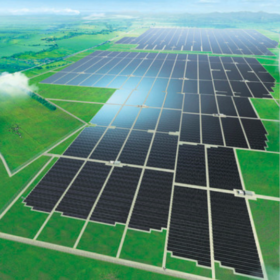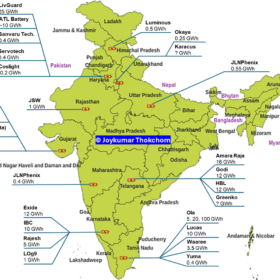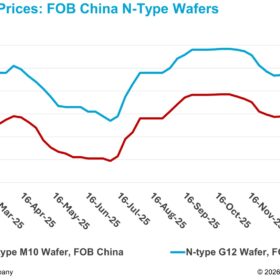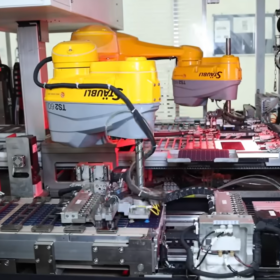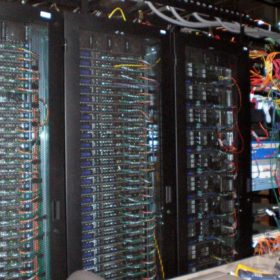China to fund 450 MW of solar capacity in Bangladesh
The two nations have signed an MoU to set up the capacity in the north of Bangladesh along with 50 MW of wind power facilities in the south, near the port of Payra. China will supply an estimated $500m with the host nation freeing up land for the projects.
The long read: Does ALD live up to assembly line expectations?
As demand for atomic layer deposition equipment spreads among Chinese solar cell manufacturers, experts throughout the industry are sharing their insight on the merits of this emerging manufacturing technology. The numbers they crunch reveal tough competition for incumbent plasma-based deposition techniques. But beyond the hype, does atomic layer deposition truly offer the better deal?
Commercial solar at grid parity in China but a hard line is needed on soft costs
Deploying commercial and industrial PV in China without subsidy is already profitable in some areas, according to a new study, but prohibitive soft costs and cheap electricity are the main barriers for such installations in areas where grid parity remains out of reach.
Lithium-ion batteries still set for US tariffs on September 1
The energy storage market is set to be the latest affected by Trump’s trade war as lithium-ion batteries were excluded from the group of Chinese imports for which the U.S. president announced tariffs would be delayed until December 15.
Energy storage installations to grow 122-fold by 2040; India among top 3
The global installed capacity will grow from a modest 9 GW/17 GWh as of 2018 to 1,095 GW/2,850 GWh in the next two decades. Just 10 countries will account for almost 75% of the overall gigawatt market, with China, USA, India and Germany leading the pack.
India’s renewable power generation cost the lowest in Asia Pacific
The cost of solar power generation in India has fallen to half the level seen in many other markets in the region due to extensive solar resource, market scale and competition.
Global PV market: 114 GW to be installed in 2019, with continued growth onwards
According to the latest market forecast published by Wood Mackenzie, it seems that global PV installation figures will rise to 125 GW per year from 2020. Continued global capacity expansion will come in through a growing gigawatts-club.
China’s air pollution reduces PV production potential by up to 13%
If China could travel back to the 1960s with its 2016 PV generation capacity it could harvest an additional 14 TWh of solar power, according to a study by academics at universities in Switzerland and the Netherlands. With a mixed record for reducing pollution, the country’s solar fleet output appears to be drastically affected by dimmed solar radiation.
Anti-dumping duty on coated steel will raise solar project costs by 2-4%: Care Ratings
India’s Directorate General of Trade Remedies (DGTR) has determined that flat steel products coated with aluminium and zinc are being dumped by manufacturers in China at dumping margins of 30-50%, South Korea (20-30%) and Vietnam (10-20%). It has proposed anti-dumping duty based on the same to offset material injury to domestic manufacturers.
“Let’s compete on quality and innovation”: Vikram Solar CFO
With India losing major solar markets to stiffer competition from cheaper products, it’s high time to change the game by playing on quality and innovation—according to Vikram Solar Chief Financial Officer Rajendra Kumar Parakh, who spoke to pv magazine on the challenge of shrinking markets before Indian solar manufacturers.

